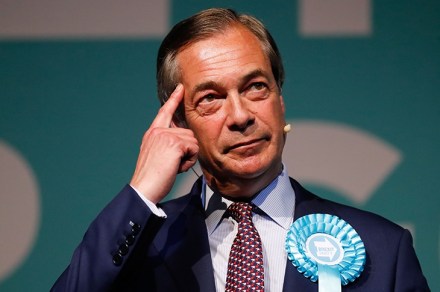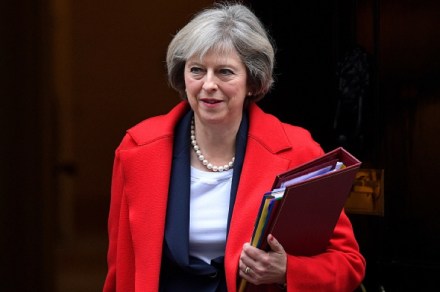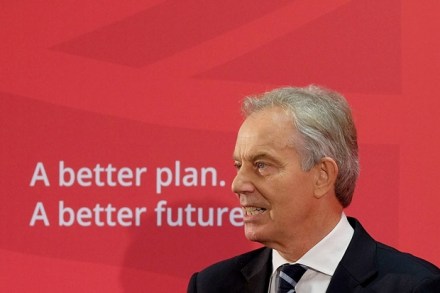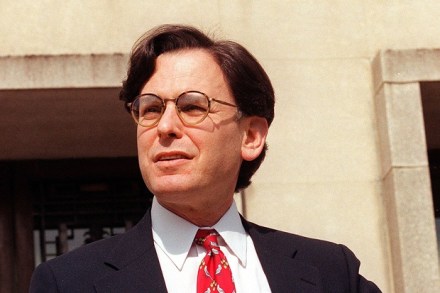Does the public want reheated Blairism?
To understand the political journey of Sir Keir Starmer, look to Liz Kendall. This week the Blairite and one-time leadership contender was put in charge of Labour’s welfare reform policy. Her promotion has upset the party’s left-wingers, who already think Starmer is too right-wing on welfare. ‘She’ll be more hard-line than Jonathan Ashworth,’ says one shadow minister in reference to her predecessor. But her real influence started well before she was given a place at Starmer’s shadow cabinet table. Even those who were demoted or axed put on a brave face: ‘It shows Labour senses it is about to win’ Kendall’s role in the 2015 contest was to speak hard




















